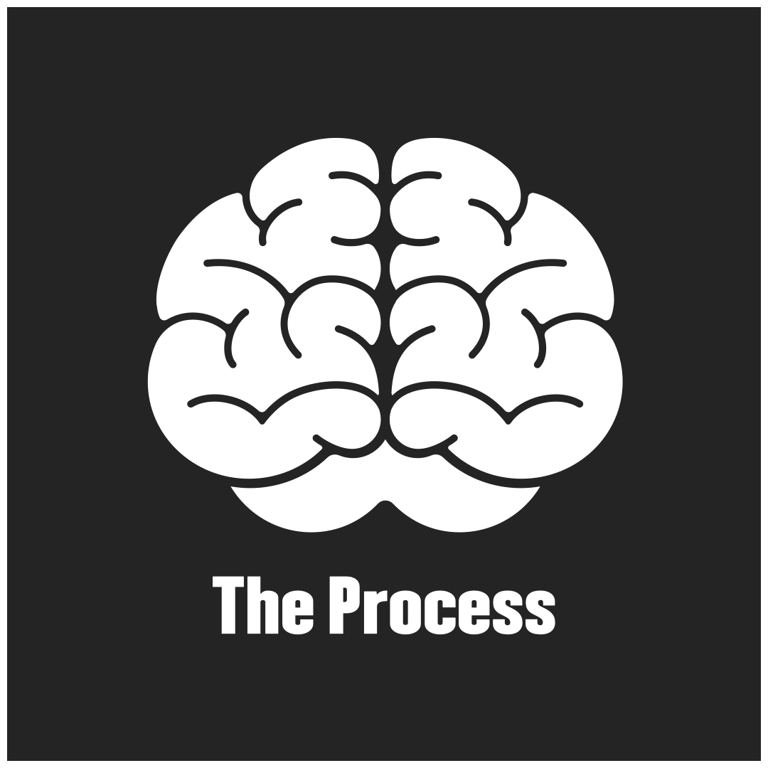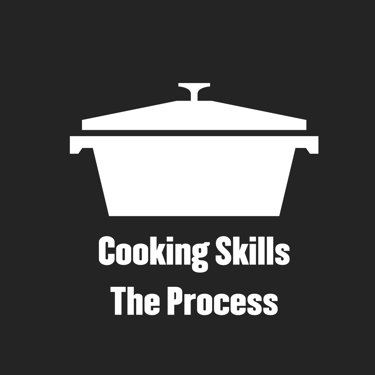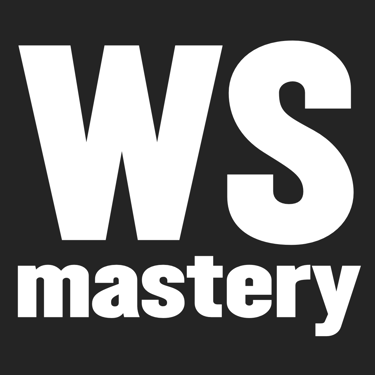Embarking on the journey of skills development is a transformative process. It starts with self-awareness, setting clear goals, and tapping into diverse learning resources. Adaptability is key as learning becomes a lifelong endeavor.
Networking and collaboration amplify growth, turning setbacks into opportunities. The journey is marked by continuous improvement, where skills evolve, and individuals become confident navigators of future opportunities. It's not just a means to an end; it's a commitment to unlocking one's full potential.


Ingredients (Knowledge): Just like in cooking, where you need various ingredients to create a dish, skills development requires a foundation of knowledge. Think of knowledge as the raw materials you gather before cooking. This could be theoretical understanding, facts, and concepts related to the skill you want to develop.






Chef's Techniques (Practice): Becoming a skilled chef requires practice. Similarly, skills development demands hands-on experience. Whether it's coding, writing, or playing a musical instrument, regular and deliberate practice is crucial. It's the repeated application of knowledge and techniques that transforms theory into skill. Cooking involves the practical application of knowledge and techniques. It's not just about theory; it's about putting that knowledge into action.
An Output that is Ready to Serve: Becoming a skilled chef requires practice. Similarly, skills development demands hands-on experience. Whether it's coding, writing, or playing a musical instrument, regular and deliberate practice is crucial. It's the repeated application of knowledge and techniques that transforms theory into skill. The results are the final outcome of the whole process after following a Recipe.
Cooking Analogy: Just as cooking follows a recipe, skills development benefits from a structured approach. Having a clear plan or roadmap helps individuals navigate the learning process systematically.
Importance: A structured approach ensures that learning is organized and progressive. It helps individuals focus on the necessary steps and activities required to develop a particular skill.
In summary, the analogy of skills development being like cooking skills underscores the importance of a structured, practical, and continuous approach to learning. It highlights the need for resource utilization, feedback, adaptation, creativity, and real-world application—all of which contribute to the mastery of skills in a dynamic and evolving environment.
